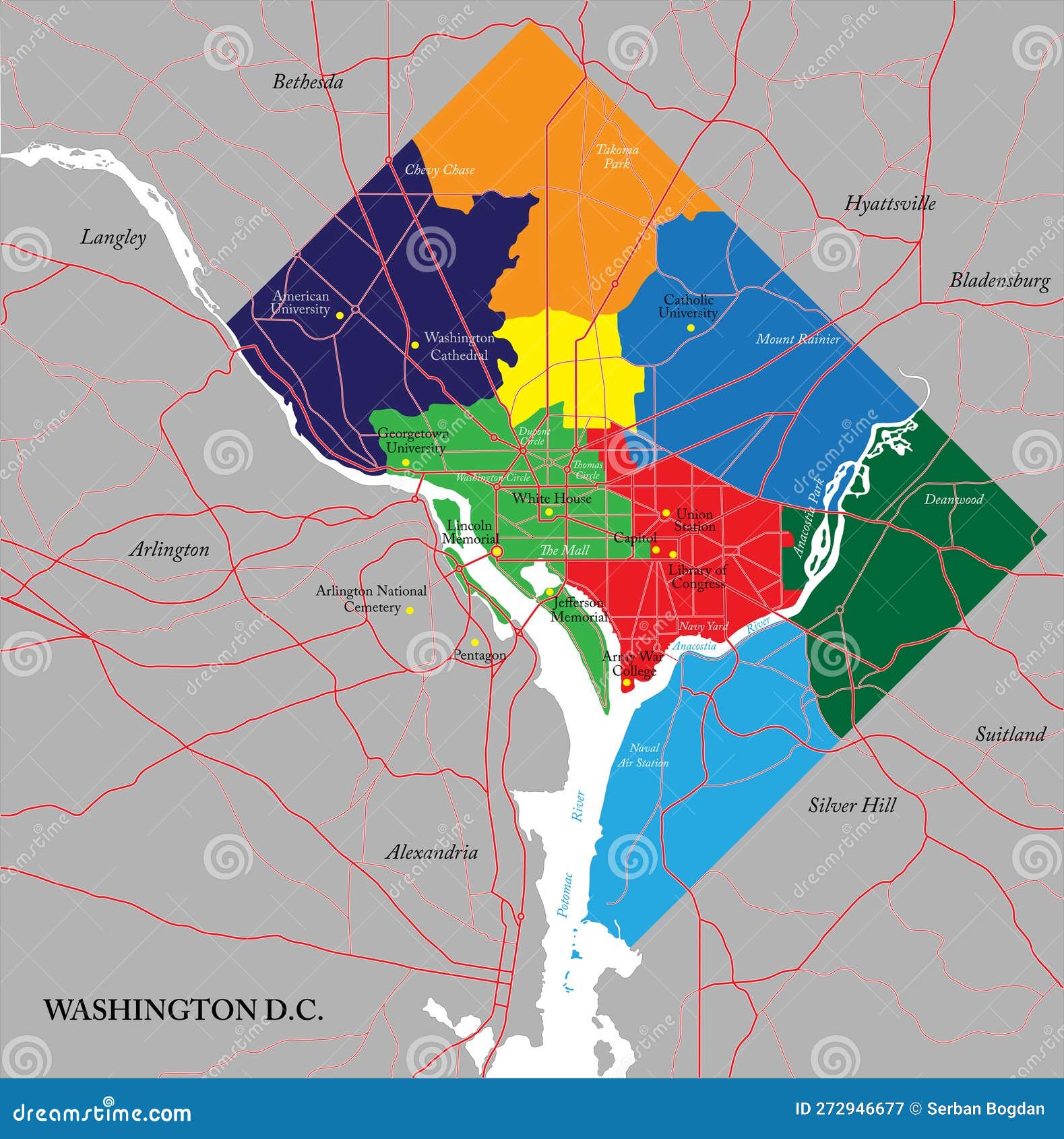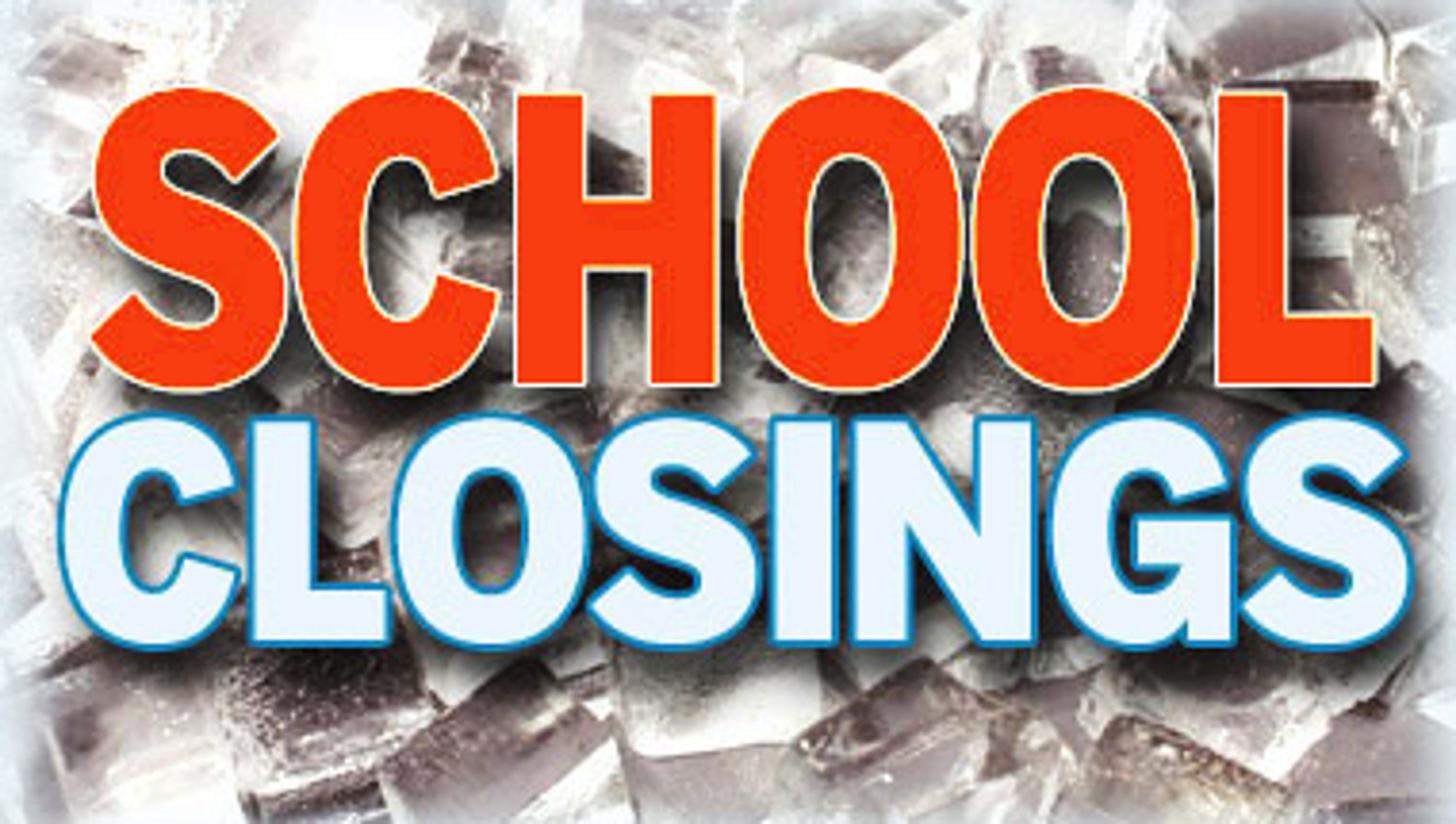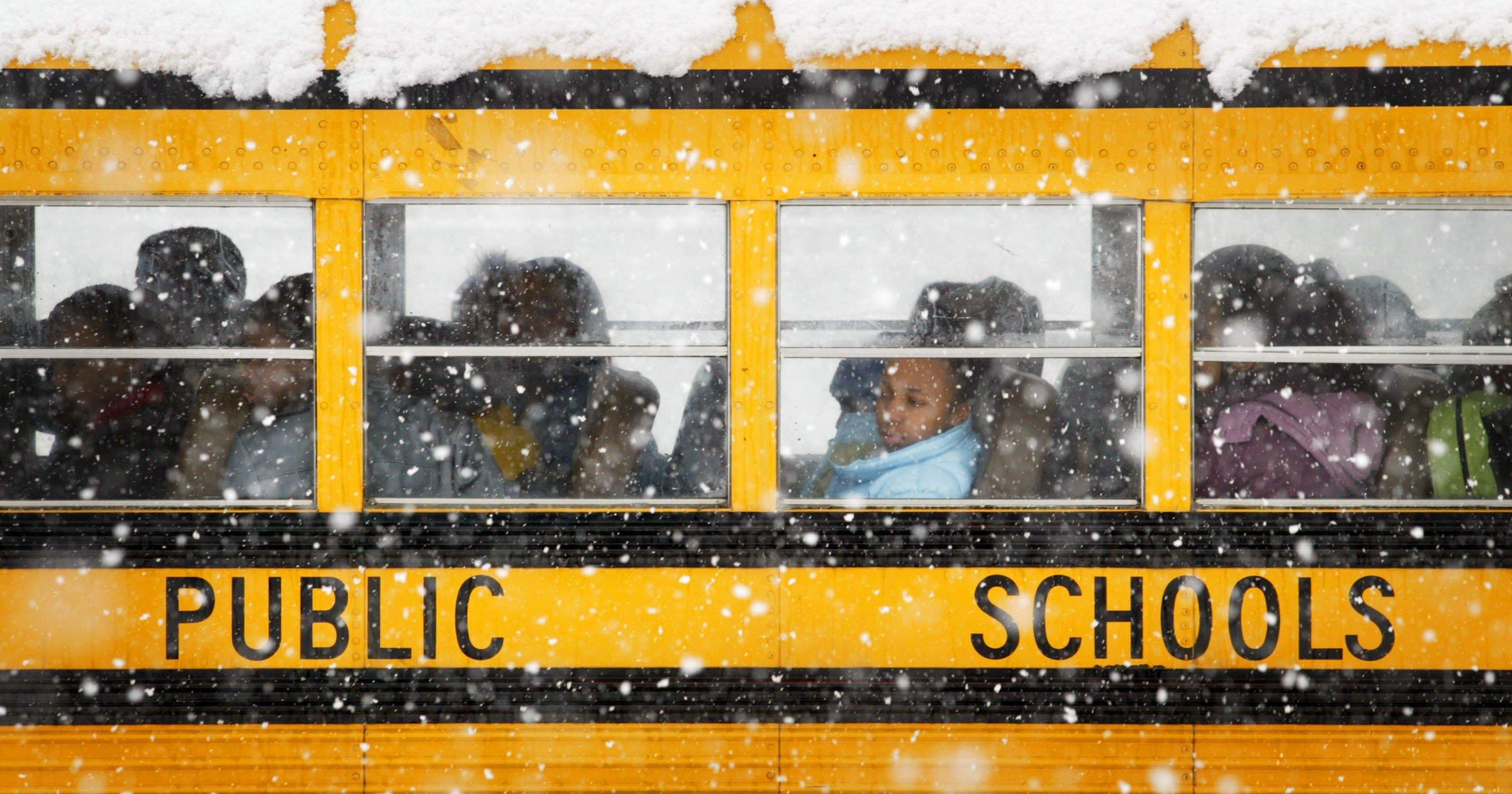How do you stay updated on the latest Washington, D.C. Area School Closings And Delays information? Do you know where to go for the most accurate and up-to-date school closing information? If not, you're not alone. Many parents and students are unsure of where to find this information.
Editor's Notes: Washington, D.C. Area School Closings And Delays have published today date

Washington D.C. Map With All 8 Wards And Surrounding Area Cartoon - Source cartoondealer.com
That's why we've put together this comprehensive guide to Washington, D.C. Area School Closings And Delays. In this guide, we'll provide you with all the information you need to know about school closings and delays in the Washington, D.C. area, including:
- How to get the latest school closing information
- What to do if your child's school is closed
- Tips for staying safe during school closings
We hope this guide will be helpful to you and your family. Please feel free to contact us if you have any questions.
|---|---|---|
| School district website | Up-to-date information | May not be easy to find |
| Local news station | Easy to find | May not be as up-to-date |
| School closing hotline | Convenient | May not be available in all areas |
- How to get the latest school closing information
- What to do if your child's school is closed
- Tips for staying safe during school closings
FAQ
The Washington, D.C. area is prone to weather-related school closings and delays. This FAQ provides answers to some of the most common questions about these closures and delays.
Question 1: How are decisions made about school closings and delays?
Decisions about school closings and delays are made by local school districts in consultation with local emergency management officials. These decisions are based on a variety of factors, including the severity of the weather, the impact of the weather on transportation, and the safety of students and staff.
Question 2: What types of weather conditions typically lead to school closings or delays?
The most common types of weather conditions that lead to school closings or delays are snow, ice, and fog. However, other types of weather conditions, such as thunderstorms, hurricanes, and tornadoes, can also lead to school closures or delays.
Question 3: How are students and parents notified of school closings and delays?
Students and parents are typically notified of school closings and delays through a variety of methods, including:
- School websites
- Social media
- Text message
- Local news outlets
Question 4: What should students and parents do when schools are closed or delayed?
When schools are closed or delayed, students and parents should follow the instructions of their local school district. In general, students should stay home and complete any assignments that are given to them by their teachers. Parents should make sure that their children are safe and supervised.
The Washington, D.C., Area Just Scored Its First Big Home Sale of 2024 - Source www.wsj.com
Question 5: What are the consequences of not following school closing or delay instructions?
Students who do not follow school closing or delay instructions may be subject to disciplinary action from their school district. Parents who do not follow school closing or delay instructions may be subject to fines or other penalties.
Question 6: Where can I find more information about school closings and delays?
More information about school closings and delays can be found on the websites of local school districts and emergency management agencies.
School closings and delays can be a major inconvenience, but they are an important part of keeping students and staff safe during inclement weather. By following the instructions of their local school district, students and parents can help to ensure that everyone stays safe.
This concludes our FAQ section. For more information, please visit the Washington, D.C. Area School Closings And Delays website.
Tips for Handling School Closings and Delays in the Washington, D.C. Area
Inclement weather or other unforeseen circumstances can cause schools in the Washington, D.C. area to close or delay. To ensure the safety and well-being of students, it's essential to be well-prepared for such situations.
Tip 1: Stay Informed
Stay updated on the latest school closures and delays by checking official sources such as school websites, local news channels, or the District of Columbia Public Schools (DCPS) website. Subscribe to email or text alerts to receive real-time updates.
Tip 2: Create an Emergency Plan
Having a plan in place will minimize stress and confusion during school closures. Identify alternative childcare arrangements or supervised activities for children. Consider having a designated meeting place in case of a separation or emergency.
Tip 3: Communicate Effectively
Communicate any school closures or delays to children and other household members promptly. Inform employers or supervisors about any work schedule adjustments that may be necessary due to childcare arrangements.
Tip 4: Be Prepared for Activities
If schools are closed or delayed, plan activities to keep children occupied and engaged. Encourage educational games, reading, or creative activities. Supervise children closely, especially during inclement weather.
Tip 5: Stay Safe
Safety always comes first. If schools are closed or delayed due to severe weather, such as hurricanes or floods, follow official instructions and stay indoors. Listen to local weather updates and take precautions as advised.
Tip 6: Be Considerate of Others
School closures can disrupt schedules and routines for many. Be mindful of neighbors and offer assistance where possible. Check on elderly or vulnerable individuals to ensure their safety and well-being.

School closings, delays for Thursday - Source www.jacksonsun.com
By following these tips, individuals and families in the Washington, D.C. area can effectively handle school closures and delays, ensuring the safety and well-being of children while minimizing inconvenience.
Washington, D.C. Area School Closings And Delays
Delays and closings of schools within the Washington, D.C. area have far-reaching effects on parents, students, and the community. Understanding the key aspects of these actions is crucial for effective planning and response.
- Communication channels: Websites, phone lines, and social media are used to inform.
- Decision-making criteria: Weather, safety, and transportation conditions guide decisions.
- Alternative arrangements: Virtual learning, childcare, and transportation adjustments may be needed.
- Parent and community involvement: Input and support enhance decision-making.
- Financial implications: Closures can impact salaries, childcare expenses, and local businesses.
- Health and safety concerns: Ensuring the well-being of students and staff is paramount.
The interplay of these aspects requires careful consideration. Communication channels must be reliable and accessible, while decision-makers balance safety with educational needs. Alternative arrangements should prioritize flexibility and equity. Parent and community involvement builds trust and fosters collaboration. Recognizing financial and health implications helps mitigate potential disruptions. Ultimately, understanding these key aspects enables informed decision-making and effective responses to Washington, D.C. area school closings and delays.

Northeast Ohio school closings and delays for Monday, Jan. 8, 2018 - Source www.cleveland.com

Longtime Washington, D.C.-Area Business Leader Honored for - Source www.weizmann-usa.org
Washington, D.C. Area School Closings And Delays
Weather conditions can significantly impact school operations in the Washington, D.C. area. Inclement weather such as snow, ice, and heavy rain often result in school closings or delays to ensure the safety of students and staff. These decisions are made by local school districts and municipalities based on factors such as the severity of the weather, road conditions, and the availability of transportation.

School, government closings and delays for Tuesday due to winter weather - Source www.clarionledger.com
School closings and delays can have a ripple effect on families and the community. Parents may need to adjust their schedules to accommodate childcare or make arrangements for their children to attend school remotely. Closures can also disrupt transportation services, affecting students who rely on buses or trains to get to school. Additionally, school closures can impact extracurricular activities, sports events, and other school-related programming.
Understanding the connection between weather conditions and school closures is crucial for parents, students, and the community. By staying informed about weather forecasts and school district announcements, individuals can plan accordingly and minimize disruptions to their schedules. Moreover, proactive communication between schools and families can help ensure that students' learning continues uninterrupted, even during inclement weather.
Table: Common Causes of School Closings and Delays in the Washington, D.C. Area
| Weather Condition | Potential Impact on School Operations |
|---|---|
| Snow and Ice | Road closures, hazardous walking conditions, transportation issues |
| Heavy Rain | Flooding, road closures, visibility issues |
| Extreme Cold | Hypothermia risk, transportation delays |
| Severe Thunderstorms | Lightning, hail, flooding |
Conclusion
School closings and delays in the Washington, D.C. area are an important consideration for families and the community. By understanding the connection between weather conditions and school operations, individuals can stay informed and make necessary arrangements to minimize disruptions. Effective communication between schools and families is also vital to ensure that students' education continues uninterrupted during inclement weather.
Moreover, the decision to close or delay schools is a complex one, involving careful consideration of safety, transportation, and the impact on students' learning. By embracing a collaborative approach and prioritizing safety, schools and the community can work together to manage school closures and delays effectively.
